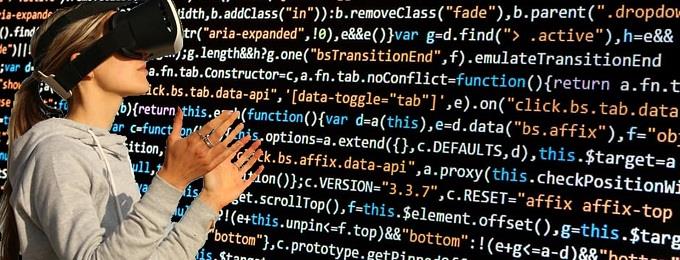Finland makes AI online course available in all EU languages to encourage lifelong learning. EU ministers stress the importance of gender equality, e.g. in ICT.
The “Elements of AI” is a series of free online courses developed by the University of Helsinki and the Finnish tech company Reaktor. The Finnish ministry is financing the initiative in the context of the Finnish presidency with the aim of fostering a shared understanding among EU Member States of the conditions for sustainable growth, including the role of lifelong learning. The course is already available in selected languages and has attracted many learners. Finland announced this initiative in the margins of the meeting of the Employment, Social Policy, Health and Consumer Affairs Council configuration (EPSCO).
The EPSCO council meeting took place 9-10 December, with EU ministers responsible for Employment and Social Policy gathering on 10 December. Amongst others, they adopted council conclusions on “Gender-Equal Economies in the EU: The Way Forward”. Amongst others, the conclusions underline the role of education and training for achieving gender-equal economies. They call on the European Commission and the EU Member States to analyse the impact of digitalisation on gender equality in working life and to step up efforts to facilitate lifelong learning and acquisition of skills relevant to digitalisation and new forms of work. They also invite the two sides to continue “implementing effective measures to address gender segregation in education and training at all levels, promoting equal access to all educational fields and in particular facilitate women’s and girls’ access to science, technology, engineering and mathematics (STEM) and information and communications technology (ICT) as well as men’s and boys’ access to education, health and welfare fields”. The adoption is part of the review of the implementation of the Beijing Declaration and Platform for Action (UN agenda for gender equality and women’s empowerment) by the EU and its Member States.
The European Institute for Gender Equality (EIGE) is the body of the European Union established to contribute to and strengthen the promotion of gender equality. Its Gender Equality index measures the state of gender equality in the EU and was published last in June 2019. The 2019 EU’s score in the domain of knowledge is 63.5 points, with a slight increase of 2.7 points since 2005 (+ 0.1 points since 2015). A recent EIGE study on women in ICT companies e.g. suggests that the most effective methods for bringing women into ICT include a mixture of work-life balance measures, awareness campaigns, and programmes specifically targeting women and girls.
At European level, the EC has indeed already put in place several measures to foster gender equality, also in and through education. Under the Digital Education Action Plan (DEAP)’s action 8, the EC for example has organised trainings in digital and entrepreneurial skills for girls, fields of activities where women are underrepresented. The EC also monitors women’s participation in the digital economy through the Women in Digital (WID) Scoreboard. In addition, the Erasmus+ programme support equity and inclusion, also related to gender.

